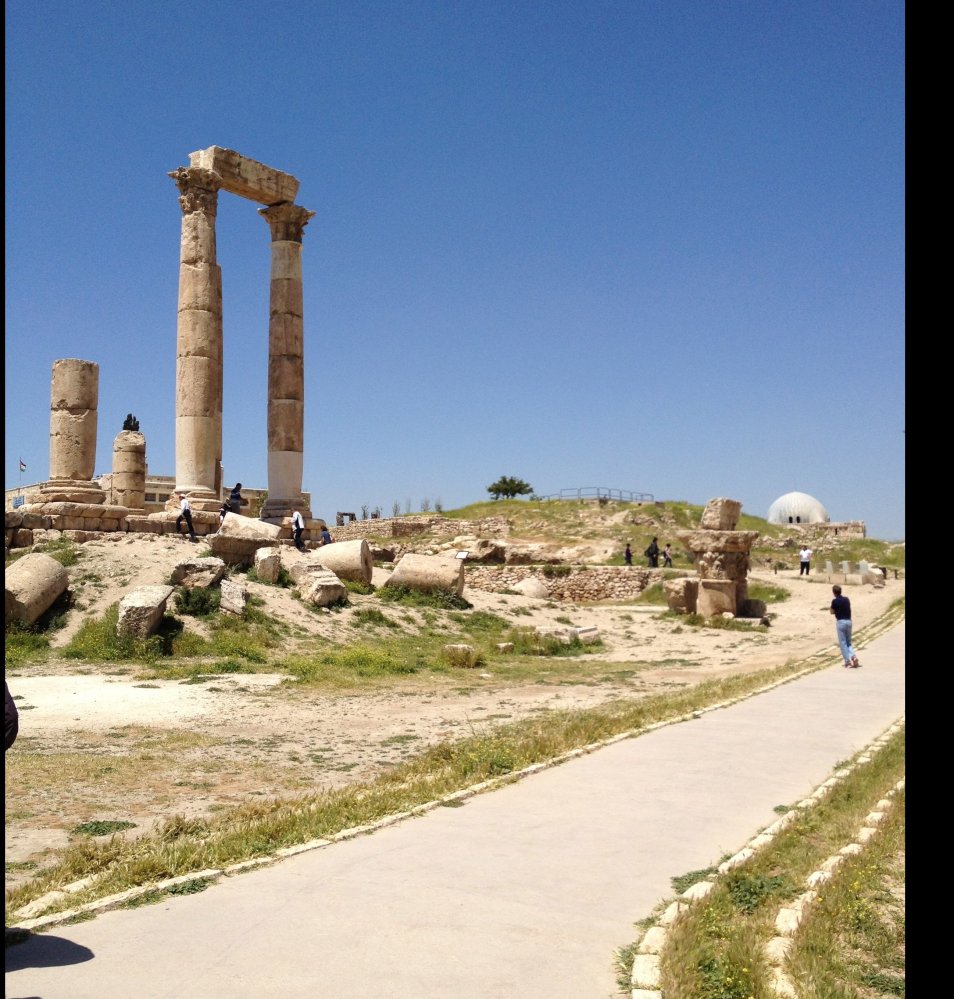Looking for somewhere to travel and experience world class sites of antiquity this fall? Since Arab Spring — agreed, a misnomer as it now continues into the second year — much of northern Africa and the Middle East continue to experience unrest and uncertainties that are unsettling for potential tourists.

I would still travel to Upper Egypt, in fact I would always sail along the Nile from Luxor to Aswan, but I sense I am a minority in the U.S. traveling public. Libya will be a fantastic destination before long, but let the infrastructure, both physical and political, evolve for a year or so. Greece, well you know their challenges. Tunisia is a great possibility but will be another post.
This one is about Jordan. During all the unrest in the region, Jordan has had a few protests but has remained a calm oasis among its neighbors. Is now the time to visit this country rich in ancient, biblical and of course Nabetean history?
Jordan, always a three day add on to everyone’s trip to Egypt, has experienced a dramatic drop in visitors as tourism to Egypt has all but halted. I visited Jordan last month, my 10th trip in 15 years, and experienced not only the absence of tourists but also a wealth of new things to see and experience. Old sites had many new discoveries and one new major biblical site, Bethany Beyond the Jordan, is one of the rare spots you can see a major new archaeological site that is also an active dig.
Never in my years of travel have I had the opportunity to walk along ancient cobblestone roads with only my guide in sight. Jerash, 30 miles north of Amman, remains one of the best preserved Greco-Roman cities in the world. Walking along the main road you have to be careful not to trip over the chariot tracks or the ancient manholes that showed an advanced knowledge of drainage, but there is not another tourist to be seen. Have you been to Ephesus in Turkey when the cruise ships pull in? You know my pleasure at being alone.
Madaba, the city of mosaics is famous for the incredible sixth-century mosaic map of the Holy Land so detailed and so recognizable it was recently used to settle a dispute at The Hague.
The Dead Sea remains a must stop for all visitors and a weekend stop for the local population. Float, cover yourself in mud, sip a drink from the balcony of your hotel at sunset and watch the lights of the Israeli side flicker on. Yes, that is Israel — so very close that you could swim there easily. Right beside the gorgeous Kempinski Dead Sea hotel is a half finished hotel, destined to remain so for some time as it was owned by Saif Gaddafi, son of the late ruler of Libya.
And then there is magnificent Petra. Yes, there were a few more tourists there, mainly from the cruise ships docked in Aqaba, but in early morning and late evening, it was all mine — and the horses, donkeys, camels, carriages and guides, all of whom are anxious to help and who have had little work for the past year. This time I spent most of my time at the far end of the site at the Byzantine church, one of the later additions to Petra and one of the most recently excavated.
In fact, they are still excavating and you can chat with those at the dig. You can also be one of the first to see the pristine, exquisite mosaics that they have uncovered at the church. Walking back to the Siq to exit, I marveled at the silence and enjoyed walking the long walk back to the entrance alone, as many traders had done many centuries ago.
Time to travel to Jordan? It is top of my list for fall and winter 2012 travel!
